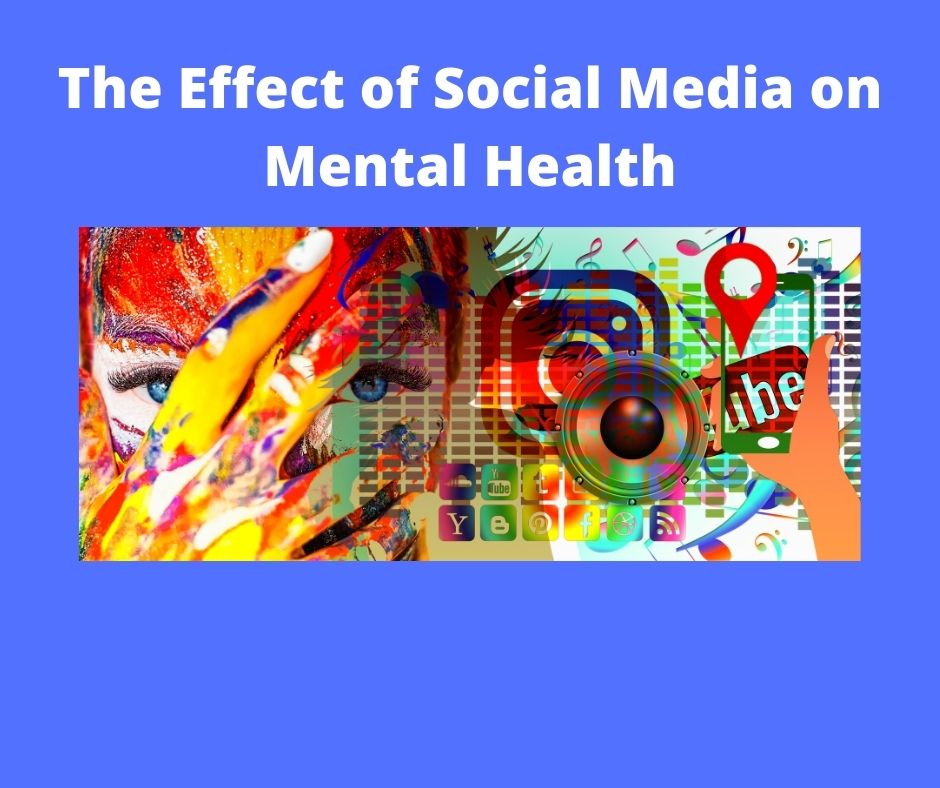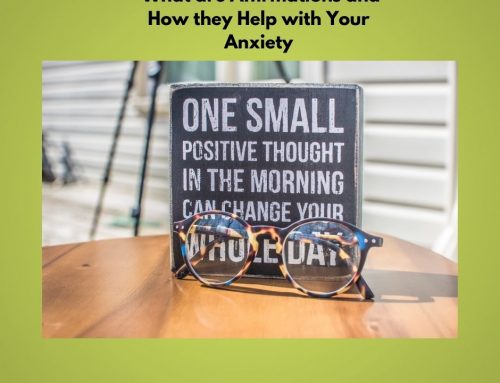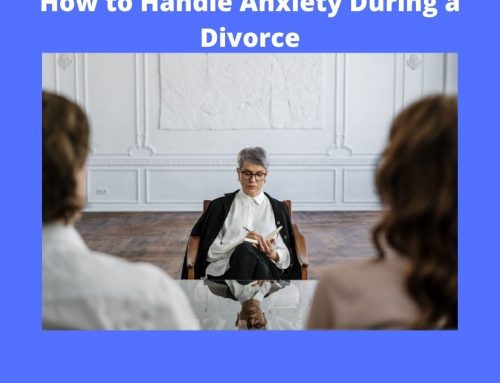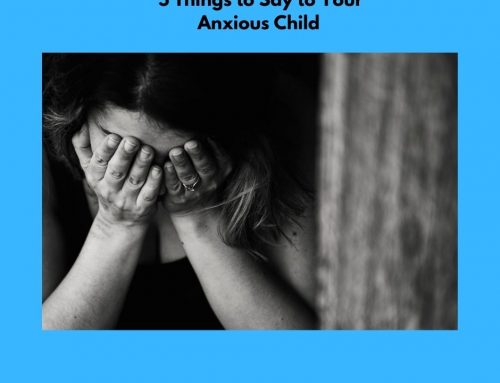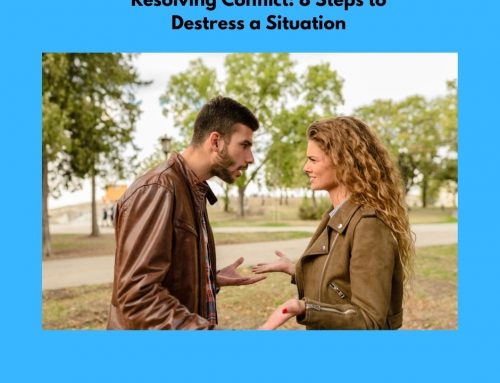Social networks are currently one of the most popular ways that people connect with each other, conduct business and market themselves. Twitter, Instagram, Facebook, Snapchat, Pinterest are just a few of the most popular social networks out there today. The right tweet can make your popularity sore, while Instagram can take a new product and make it trendy. For me, Facebook was a way to find lost friendships and reconnect. But as we know, there are two sides to every story. And, though there are many positives to social media, it also has negative effects on people and their mental health.
For example, do you ever catch yourself scrolling through Instagram or looking on Pinterest and before you know it half the day is gone? Social media has become such a big part of our lives; for good and bad. We get so caught up in what other people are doing, what they have to say and who they’re spending time with. I’ve often asked myself “is this healthy?”
When I first started on social media, Facebook was the place to be. I had just had my first child and at that time, people were putting pictures up of their kids all the time. You might be thinking “aw, how cute.” Not for me. Even though I never believed that overprograming kids was beneficial, I still found it stressful to see how much other kids were doing. Don’t get me wrong, I stuck to my guns. I kept my kids at a pretty good balance of being programmed and getting creative with their boredom. Nonetheless, every now and again, anxiety would creep up on me and I would wonder “are my kids doing enough?”
Social media allows people to create a facade or a life that they want you to see them having. Perfectly crafted pictures and messages. Smiles and laughter. Their lives look pretty amazing, don’t they? I always have to remind myself, “you never know what goes on behind the picture.”
So, with that said, let’s take a closer look at some of the negative impacts of social media and some of the positive.
The Negative Effects of Social Media:
” The reason why we struggle with insecurity is
because we compare our behind the scenes
with everyone else’s highlight reel”
- We compare ourselves with others which can make us anxious
We all have ideas in our minds of what we’d like our lives to look like. Where we’d like to travel, how we want to spend our weekends, the amazing friends we wish to have and the dream job that’s waiting around the corner for us.
When people achieve something in their life that they’re proud of, posting about it- whether with an image or text, is one of the first things that they think to do. In a way, they’re selling the image of our wonderful life. However, an image doesn’t tell the full story. It’s a snippet, if not a fraction of what a person’s life is really like.
In the meantime, we see these wonderful stories, images and posts and start to question our own lives. Sometimes we even wonder if the whole world has a more fulfilling life than ours. This can bring about feelings of isolation, anxiousness and frustration. Thoughts creep up of “I don’t go out enough,” “I don’t have enough friends,” “I’m not as successful as others,” “My life is more boring.” We’re all in the same boat. It’s so easy to see what’s out there on social media and believe it’s telling a complete story. Let’s keep reminding ourselves that even though a picture can tell a thousand words, sometimes a picture is just a picture.
- Puts too much emphasis on body image
Body image and how it is portrayed in the media has always been a topic of discussion. With social networks being what they are, the messages have a larger reach and get to people faster. These days we like to think of ourselves as evolved and not as focused on body image. But is that really the case? Even though we know that many of the pictures and images we see on social media are tweaked, manipulated and air brushed, on a less logical level, they still have the ability to make us feel and insecure and question ourselves.
We wonder and question what is the ideal body, ideal weight, ideal hair and ideal clothes. And while there are those influencers and celebrities that are trying to emphasize health over appearance and the attractiveness of fuller models, the pressure of the ideal has not gone away.
- We are distracted from the world around us
Have you ever been in a restaurant and seen people that are “together,” but not really together? They’re sitting “together” and eating “together,” but they’re not paying much attention to each other? They’re both looking at their phones, seemingly more connected to what’s on the screen than to the person who’s actually in front of them.
I’ll never forget a day when I was on vacation with my family and I forgot my phone at the hotel. I’m a picture taker. Wherever I go, I take pictures. That day, without my phone, without the ability to take pictures, I found myself having a really great day! I was in the moment, enjoying the sites and enjoying my family. I may not have had any pictures to show for it, but I made different types of memories that day.
Studies have shown that one of the ways to ease anxiety and depression is through connection with people. Face to face, eye to eye connection. Unfortunately, for some, social media has become a distraction from that in-person, live connection. A text instead of a phone call. Facetime instead of a visit. It’s easier sometimes, but that doesn’t mean it’s better.
- Increase of cyberbullying
This is one of the most lasting and damaging effects of social media. About 10% of teens report being bullied on social media, while many other users deal with rude and judgmental comments.
Social media platforms can be a hotspot for spreading gossip, hate and lies. Many people feel protected and hidden by social media; as though it’s a place where they can say anything they want without repercussions.
But there are repercussions. For those on the receiving end of the hate and bullying, they can become anxious, depressed and even suicidal.
The Positive Effects of Social Media:
“Social media is a conversation
Social media is customer service
Social media is advertising
Social media is connectedness”
-Sarah Beth Rosa
- Follow your interests
For any interest you may have, different social media platforms will have a group. If you’re interested in fashion, gardening, parenting or cooking, there’s a group for you. Connecting with a group of people that have similar interests can help motivate you, as well as spark creativity. It’s also a way to generate ideas and network with others.
- Connect with important causes and charities
One way to deal with anxious thoughts and feelings is to give back to others. When we feel anxious, we tend to overthink and become too aware of how we’re feeling. We worry about the future and ruminate about the past. Giving back to others feels good, grounds us, takes us out of our own heads and connects us with others.
Every organization or charitable cause is connected to social media in one way or another. For the last thirteen years, my kids and I have hosted a charity bake sale with all of the proceeds going to The Make A Wish Foundation. With the use of advertising on social media, we were able to increase our attendee numbers. It became a powerful tool for a worthy charity.
- Keep in touch with friends and loved ones
Social media is a great way to stay in touch with friends and family that you otherwise aren’t able to see on a regular basis. Even though social media does not replace face to face interactions, there are times when face to face isn’t possible.
Going through tough times such as the Coronavirus pandemic certainly taught us the value of social media. It became an essential way to celebrate birthdays, holidays, weddings and graduations. Our kids were able to continue their education with social media and many parents and adults were able to continue their jobs online.
- Use social media as a resource and research tool
The internet is a great tool to use for research and is a great resource to gather information. I’m always amazed at just how easy it is to google ANYTHING and the internet will find an article on it.
My kids are always telling me how much easier school was for me when I was growing up. But honestly, different yes, easier, I don’t know about that. I remember spending hours at the library with books sprawled in front of me, a pad of paper and taking hours writing notes, studying and researching. Everything took longer and we had to learn skills that kids today don’t have. But that’s a different article for a different day.
As you can see, social media has a good side and a bad side. People are social beings and need connections. These connections have positive effects on our mental health and can ease anxiety and stress. Social media platforms such as Facebook, Snapchat and Twitter have enabled many to have these connections, but it can’t replace the value of in person contact. It’s important to monitor how you feel after being on social media and if you increasingly find yourself feeing lonely, anxious or doubting yourself, perhaps it’s time to reexamine your social media habits and find a little more balance.

